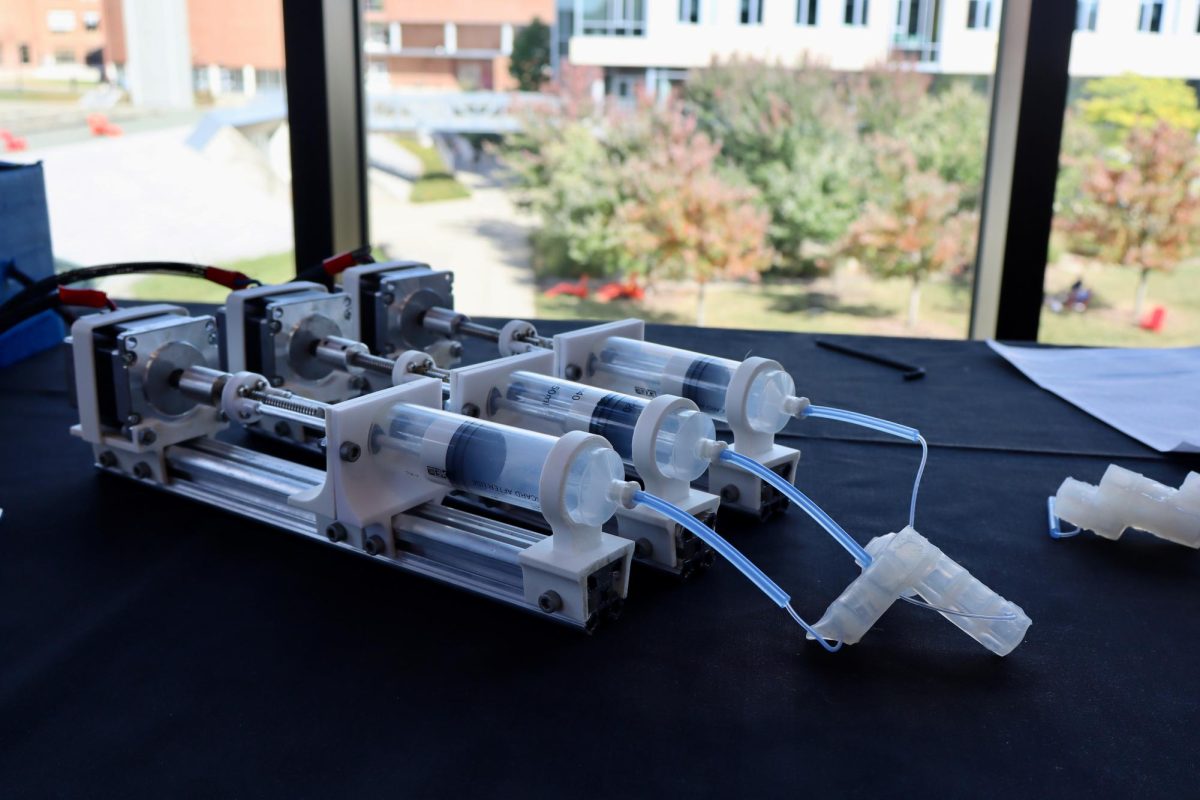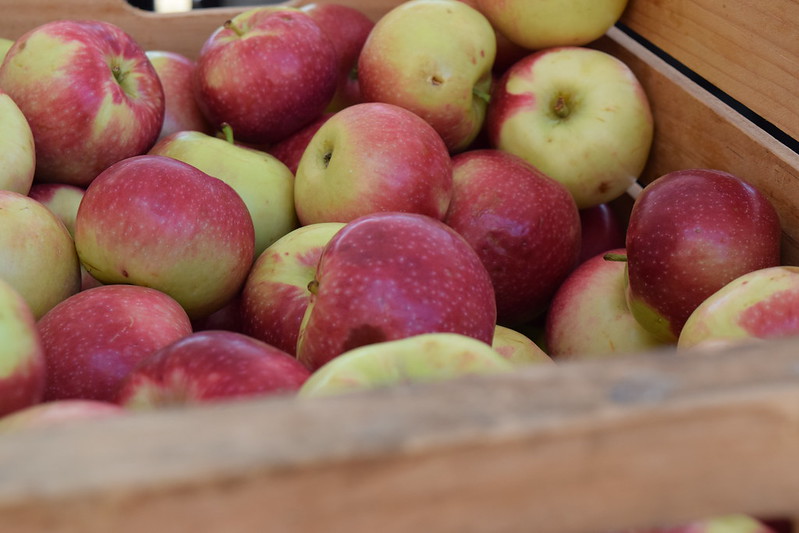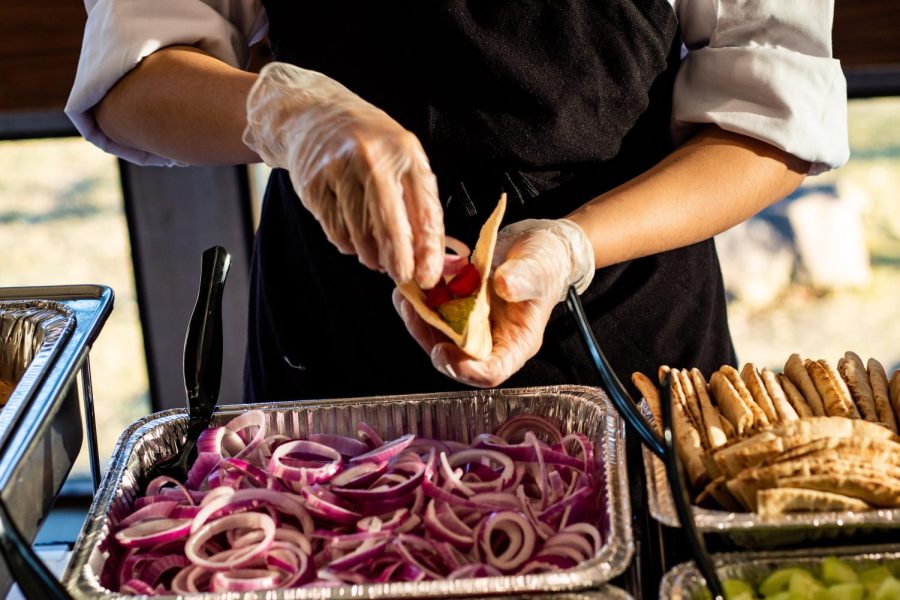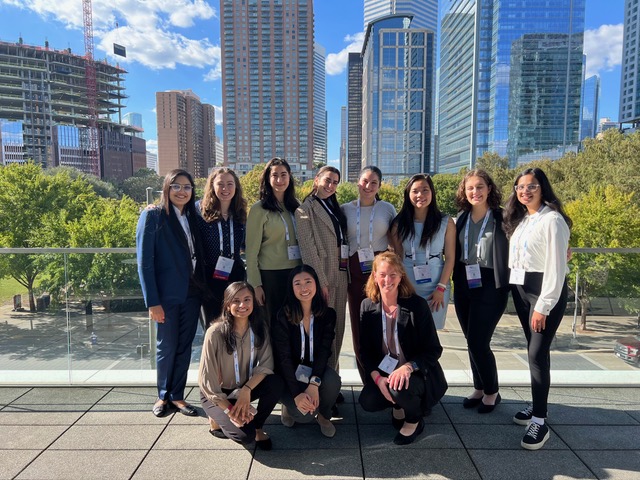
From Nov. 3 to Nov. 5, over 800 students from around the country competed in HackUMass V, one of the biggest student-run hackathons in New England.
The 37-hour competition was filled with challenges for both software and hardware, and encouraged participants to test their professional skills and creativity. The fifth annual event took place in the Integrative Learning Center.
Also attending were over 15 company sponsors, who held workshops and tech talks, and were available to talk to students about their projects or recruitment. Sponsors included Amazon, Google, Facebook and Verizon.
Veteran hackers, first-timers, developers, engineers, entrepreneurs and non-technology majors all attended. Many came from all around the country, with diverse backgrounds.
Jack McCoy, a sophomore high school student at Cape Cod Academy, participated in the Hackathon and said, “Going to a small school, I don’t have a lot of STEM events to attend, and Hackathons provide an amazing experience. You get to learn new things and meet a lot of different people.”
McCoy worked on a project with University of Massachusetts physics and computer science sophomore JeanLuc Gasmao and University of Edinburgh student Fraser Miller.
Combining facial recognition with augmented reality software, the team’s project would recognize a person’s face through a phone camera, and their name, likes and other social media information would appear as text around them.
“Once we scan people, we basically have these text boxes as a quick way to recognize their names and interests,” Gusmao said. “It can also serve a purpose in businesses, by telling you the projects they’re working on, or conferences they went to.”
McCoy noted the usefulness of the system for people with social anxiety.
“Talking to people, it already provides an icebreaker.”
Attending the event from Scotland, Miller said, “Hackathons, generally, where I’m from, are a lot smaller, and since I was in Boston I thought it was really nice to come to something of this size.”
Facial recognition was, overall, a popular field in this year’s Hackathon projects. UMass seniors Peter Tao, majoring in biochemistry, and Mike Keegan, majoring in computer science, worked on what they called “Easy Lock,” a facial recognition system to unlock doors. Using a 3D printer, the duo were able to construct a specialized addition to a traditional deadbolt lock that, when directed by a facial recognition scanner, would open the door.
“We should not need keys, we should not need UCards, we should just need a face,” said Tao. “So what we did, was we made that possible.”
Keegan commented that a lot of the inspiration for the project came from the iPhone X, which incorporated facial recognition software. Keegan said that if he were to continue the project, he’d “work a lot more on security, so that you could specify certain people to have access to your house for just a week, or a few hours.”
Apps also served as platforms for several groups. Sarah Abowitz, a Smith College sophomore majoring in computer science and classics, helped create a journal app during the competition. By answering short prompts, the app’s goal was to have the user reach a personalized goal. One of the programs on the app was aimed at becoming a better writer, with another at becoming a better person.
“Answering these prompts is like answering smaller questions to get to a bigger idea,” Abowitz said. “In the app, you can challenge yourself to be more creative, by answering with only emojis or pictures, if you want.”
Manjusha Chaua and Niall Dalton, seniors at the Massachusetts Academy of Math and Science in Worcester, and Lam Tran, a senior at Chelmsford High School, teamed up to work on “Pocket Yoda,” an app that describes what is in a picture using grammar patterns similar to the well-known Star Wars character.
For Chaua and Tran, this was their first Hackathon, and it was Dalton’s second.
“Hackathon is a huge learning experience, and you meet a lot of people,” Dalton said.
Chaua said that it would be “phenomenal” to continue the project, and that she was very excited to have learned more about computer science at the Hackathon.
“I hope that I can come again next year,” Chaua said. “I already have ideas about what to work on.”
Kathrine Esten can be reached at [email protected]



















